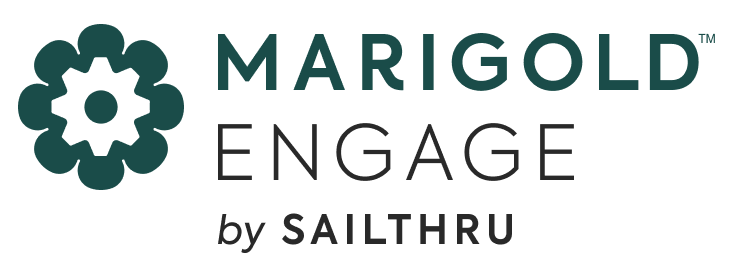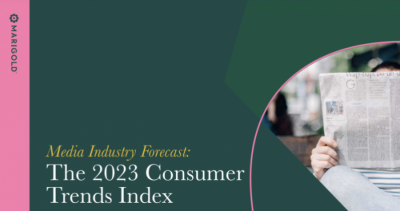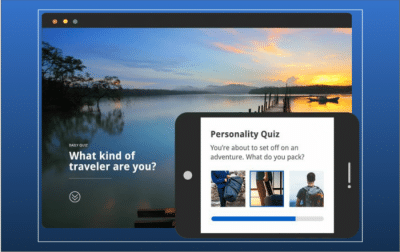Article
Deep Dive Into Marigold Engage by Sailthru’s Retail Personalization Index Top 10: Sephora
September 17, 2019
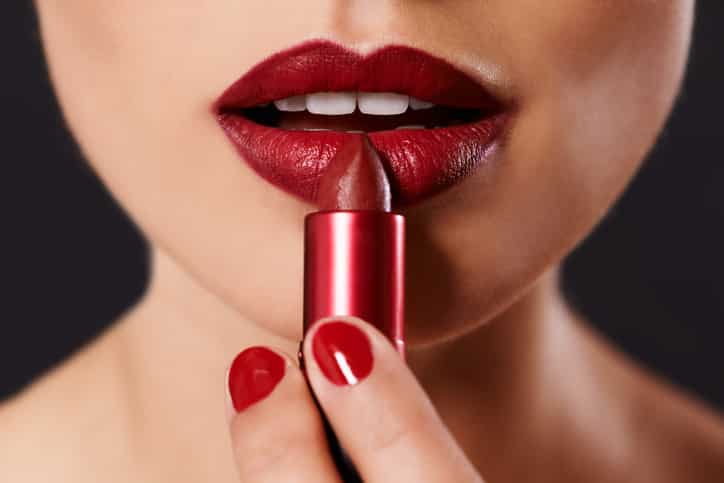
For this year’s Retail Personalization Index, we decided to switch up the methodology, incorporating more attributes about in-store shopping and customer sentiment. We wondered, would any other brand dethrone two-time winner Sephora as the most proficient personalizer?
No.
That new methodology led to slightly lower overall scores. Still, Sephora’s performance was so strong that its 2019 score would have made last year’s top five.
Everyone has their own unique complexion and coloring, which gives beauty products an inherent level of personalization. Sephora understands how that translates to the customer experience better than anyone. Even if you don’t know the best products for you, Sephora is here to help you figure that out. The brand’s app and website are chock full of quizzes and user-generated content. There’s also augmented reality “fitting room” in Sephora’s app and Color IQ in its stores. The latter involves scanning customers’ skin to determine the best foundations, concealers and lipsticks for their coloring.
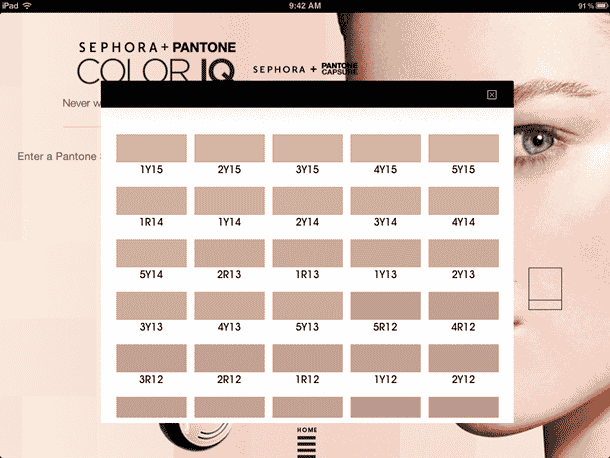
Sephora has an exceptionally strong email marketing program. It’s lifecycle-centric and personalized from the welcome stream onboarding new customers to the winback messages re-engaging lapsed ones. Earning the highest site score on the Index, the beauty giant was also one of three retailers to achieve perfect personalization in the mobile category.
What really puts Sephora in a class by itself is how well all these channels are connected. If you begin shopping on the retailer’s website, you’ll see those items in the cart on your mobile app, which also shares recommendations via push notifications and in-app messages. We evaluated brands on 78 attributes and none was more indicative of a personalized customer experience than if a retailer has unified customer profiles, tying their various channels together. For Sephora, that also extends offline.
It makes sense; Sephora made headlines last year for merging its digital and physical retail teams. That improved “omnitude” is paying off. Sephora contributed to a strong Q1 for its parent company, luxury conglomerate LVMH, which saw a 16% year-over-year revenue growth. According to 1010data, 80% of Beauty Insiders won’t consider a competitor, either.
The State of Brand Loyalty in the U.S. in 2023
Related
